A class reunion often has its share of surprises as you realise how some of your friends look so much older while others seem to defy ageing. A study by Duke Aging Centre found that people as early as age 38 look like they’re in their 60s and are in fact, biologically much older! Here in Singapore, we have our own “Benjamin Button” – a 50-year old man who successfully reversed his biological age to 27 and proved that de-ageing is possible.
Wondering what your actual biological age is and how to age gracefully or de-age? Read on for some useful insights and tips on ageing and de-ageing.
HOW OLD ARE YOU REALLY?
Experts at Yale Medical School shared that everyone has two ages, namely a chronological age and a biological age. The former is calculated based on the year of your birth, and it is most likely true that “age is just a number” when it is how old the calendar says you are.
On the other hand, a biological age refers to the age at which your body functions as it compares to average fitness and health levels. It measures one’s actual age based on biomarkers, determined by hormones, myelination in the brain, and other lifestyle factors such as diet, exercise, stress, sleep, etc. This is perhaps the most important indicator of how healthy you are ageing.
It’s all very well if you have a younger biological age than your chronological age, but the reverse would be detrimental. Imagine that you are just turning 30 but you have the body of a 50-year old. Would you have the stamina to deal with work and earn a decent income? What happens if you fall ill?
The way you age can determine your health, which will have an impact on other aspects of your life such as your finances, mental well-being and even relationships. It’s never too early to age gracefully, just like it’s wise to plan for your retirement early.
| In life, it’s better to do some things sooner rather than later. That applies to investing in your health, well-being and retirement in style. With Etiqa, investment is made easy with various plans to suit your needs. Learn more |
ACCELERATED AGEING IN SINGAPORE
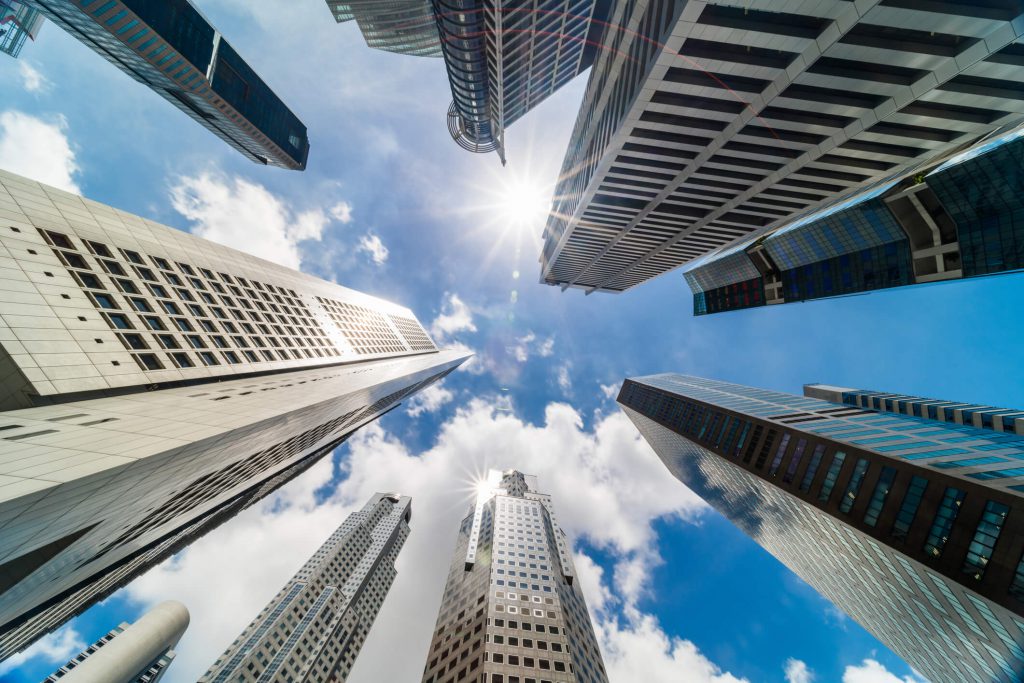
Around the world, countries are facing rapidly ageing populations and Singapore is one of them. To put things into perspective, one in four Singaporeans will be aged 65 and above by the year 2030. That’s less than a decade away! If you are young and think that you won’t be affected, think again.
It is natural for our bodies to age over time, but all of us are susceptible to accelerated or premature ageing, which occurs when the effects of growing older happen early; i.e. when your body looks and feels older than your actual age. Note that ageing impacts are not just on your physical appearance.
Premature ageing will take a toll on your body, health and finances. Amongst the various factors that contribute to ageing, our environment (unfortunately) plays a part too.
PREMATURE AGEING DUE TO SUN EXPOSURE AND UV LIGHT
Exposure to light is a top cause of premature ageing. Sun exposure and ultraviolet (UV) light can age our skin more quickly. The latter, in particular, damages skin cells and contributes to age spots. It also increases the risk of skin cancer.
Tip: With the tropical climate in Singapore, we may not think much of the sunny weather all year long but it will be wise for you to start cultivating the habit of using sunblock lotion, even when you are indoors.
PREMATURE AGEING DUE TO BLUE LIGHT AND INFRARED LIGHT
Exposure to blue light (known as high-energy visible) and infrared light will also affect our skin elasticity. The former comes from the sun and electronic devices like smartphones while the latter is a type of radiant energy that we cannot see but feel as heat.
Being a smart nation, about 88% of the population in Singapore uses a smartphone. As we get more well-connected digitally, we are also exposed to more blue light and infrared light that can accelerate ageing, not to mention lesser human interactions and social connectedness.
Tip: Stay mindful and limit your time spent on digital devices. Take a break from time to time to be more aware of your surroundings and to connect with people around you.
PREMATURE AGEING DUE TO STRESS
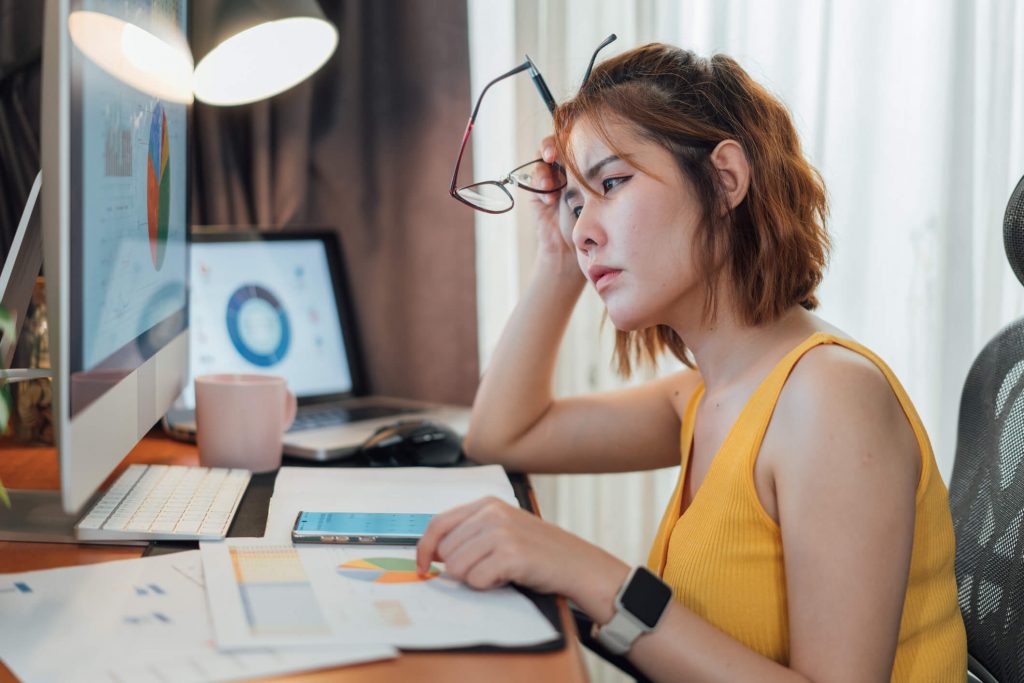
Based on a Cigna 360 Well-Being Survey, 92% of working Singaporeans were found to be stressed and that’s 8 per cent higher than the global average at 84%. That’s hardly surprising in our competitive landscape. On the surface level, many people know that stress is not good for both physical and mental health. However, did you know that chronic stress is also associated with accelerated ageing?
Chronic stress over the years can lead to excessive stress hormones in the body, which are associated with heart disease, high blood pressure, weakened immune systems, etc. Someone who experiences chronic stress is also more likely to make unhealthy lifestyle choices due to hormonal imbalances, which causes further health problems.
In addition, healthcare costs are high and rising. Even if one is adequately insured with critical illness insurance, your mental well-being will also be affected when your body is not functioning at optimal. It is actually a vicious cycle of stress speeding up ageing, and ageing causing stress. Therefore, it’s important to adopt healthy ways to cope with stress and age more gracefully.
Tip: Exercising can help one to relieve stress but if that seems too much at the moment, you can start practising deep breathing or doing meditation whenever you feel anxious or stressed.
PEOPLE AGE IN DIFFERENT WAYS
Research found that people age at different rates and in different ways. There are genetic and non-genetic factors. That’s good news because it means that it is possible to change the way an individual ages for the better.
To begin with, there are four distinct ageing patterns, also known as ‘ageotypes’, namely: metabolic, immune, liver, and kidney. Each type of ageing affects different body parts and triggers different health issues as shown below.
| Ageotype | Potential health risks associated with ageing |
| Metabolic | Diabetes |
| Liver | Liver disease |
| Immune | Inflammation and immune system disorders |
| Kidney | Different kidney conditions |
By identifying your ageotype(s), you can ‘tackle’ the areas in which you are most likely to encounter and make lifestyle changes to slow ageing so as to live longer and healthier. The earlier you start, the better.
F.Y.I. Critical illnesses can happen to anyone at any age. In fact, 1 in 5 Singaporeans are likely to be diagnosed with a critical illness in their lifetime. Hence, it is important to adopt a healthy lifestyle from young. You may also want to consider getting protection to protect what lies ahead.
TIPS TO SLOW DOWN AGEING

When you turn 30, your body is likely to go through several changes that go beyond early wrinkles and white hairs. Slower metabolism and changing hormones will play havoc on your physical fitness and emotional health, and how you deal with it will affect how you age.
To stop the process of ageing naturally, focus on the following factors to cultivate a healthier lifestyle:
1. Stay active
Exercising regularly can improve your heart and lung health. Research shows that even modest physical activities such as taking the stairs instead of the lift or gardening is good for the brain, bones, muscles and mood. That said, the most ideal exercise for slowing the ageing process is actually endurance training exercises such as swimming, aqua aerobics, walking, cycling, etc.
Tip: Try to do at least 20 minutes of cardio exercise everyday.
2. Cultivate a healthy diet
For foodies in Singapore, it can be easy to forget that we are eating to survive rather than for pleasure. Nutrition should be the priority for one’s diet, and when you start focusing on what, when and how much you eat, you can actually live longer and healthier – according to Dr. Longo who wrote a book on the longevity diet.
Tip: A healthy diet should comprise lots of whole grains (e.g. corn, oats), vegetables, fruits, nuts and beans. Try to consume less food that can expedite ageing such as red meat, processed meat, alcohol and sugar.
3. Get more quality sleep
For time-deprived Singaporeans, sleep often feels like a luxury but there are actually many benefits to sleeping. Sufficient quality sleep can boost cognitive function and memory, support a stronger immune system and improve your overall longevity.
Tip: For improved ageing, aim to sleep for at least seven to eight hours each night. Keep your mobile device away from the bed and set your room to a cooler temperature to help you sleep better.
4. Take more supplements
Sometimes, there’s only so much that one can do at an individual level. To further improve your nutrition to slow down ageing, you may want to consider getting extra help such as taking supplements. Specific vitamins such as Vitamin C, Vitamin E, Vitamin A, blueberry extract, etc. have been found to support telomere length and cellular health.
Tip: Consult a nutritionist or your family doctor to find out what supplements you should be taking to ensure you get the nutrients you need.
STAY HEALTHIER, STRONGER, HAPPIER
Based on the Singapore Public Sector Outcomes Review, Singaporeans’ life expectancy is among the highest in the world at 82.9 and 86.7 for men and women respectively.
As we are now living longer, we have more time to accomplish goals, pursue passions, and spend quality time with loved ones. So let’s celebrate life while being prepared so that you and your loved ones can enjoy the goodness that life has to offer, even in old age.
[End]
Sources:
https://www.asiaone.com/lifestyle/singapores-benjamin-button-50-year-old-man-biologically-just-27
https://www.nbcnews.com/health/aging/are-you-aging-faster-everyone-else-n387626
https://edition.cnn.com/2018/11/30/health/live-longer-biological-age-intl/index.html
https://www.kfucoidan.com/health/202202/
https://sph.nus.edu.sg/2022/06/shaping-the-future-of-ageing-in-singapore/
https://my.clevelandclinic.org/health/symptoms/23105-premature-aging
https://www.statista.com/statistics/625441/smartphone-user-penetration-in-singapore/
https://lifeskillsinstitute.sg/are-you-part-of-the-92-singapore-stress-report/
https://brightside.me/inspiration-health/there-are-4-types-of-aging-and-you-can-stay-younger-if-you-know-yours-scientists-say-797772/
https://geneticliteracyproject.org/2020/02/04/whats-your-ageotype-new-classification-system-explains-why-some-of-us-are-older-or-younger-than-we-look/
https://www.greateasternlife.com/sg/en/personal-insurance/lifepedia/medical-coverage/top-3-critical-illnesses-health-trends.html
https://nrdo.gov.sg/docs/librariesprovider3/default-document-library/thespore-cancerregistry_commerativebook_-1.pdf
https://www.yourheights.com/blog/longevity/how-to-slow-down-the-aging-process/
https://www.istockphoto.com/photo/group-portrait-of-healthy-and-slim-diversity-athlete-women-in-sportswear-smiling-on-gm1403913255-456299186?phrase=asians%20exercise
https://www.healthshots.com/preventive-care/self-care/here-are-8-surprising-ways-in-which-your-body-changes-after-30/
https://time.com/6053055/how-exercise-fights-aging/
https://www.yourheights.com/blog/longevity/how-to-slow-down-the-aging-process/
https://www.everydayhealth.com/diet-nutrition/longevity-diet/
https://www.cnbc.com/2022/12/06/5-foods-the-communities-with-high-rates-of-living-to-100-eat-often.html
https://www.nuspatc.org/post/ageing-gracefully-in-singapore-by-focusing-on-mental-health
https://lifeskillsinstitute.sg/are-you-part-of-the-92-singapore-stress-report/
https://www.womanandhome.com/health-and-wellbeing/biological-age-calculator-20430/
Information is accurate as at 29 March 2023. Terms apply.
These policies are underwritten by Etiqa Insurance Pte. Ltd. (Company Reg. No 201331905K). As buying a life insurance policy is a long-term commitment, an early termination of the policy usually involves high costs and the surrender value, if any, that is payable to you may be zero or less than the total premiums paid. You should seek advice from a financial adviser before deciding to purchase the policy. If you choose not to seek advice, you should consider if the policy is suitable for you. This content is for reference only and is not a contract of insurance. Full details of the policy terms and conditions can be found in the policy contract.
This policy is protected under the Policy Owners’ Protection Scheme which is administered by the Singapore Deposit Insurance Corporation (SDIC). Coverage for your policy is automatic and no further action is required from you. For more information on the types of benefits that are covered under the scheme as well as the limits of coverage, where applicable, please contact us or visit the Life Insurance Association (LIA) or SDIC websites (www.lia.org.sg or www.sdic.org.sg).
This advertisement has not been reviewed by the Monetary Authority of Singapore.
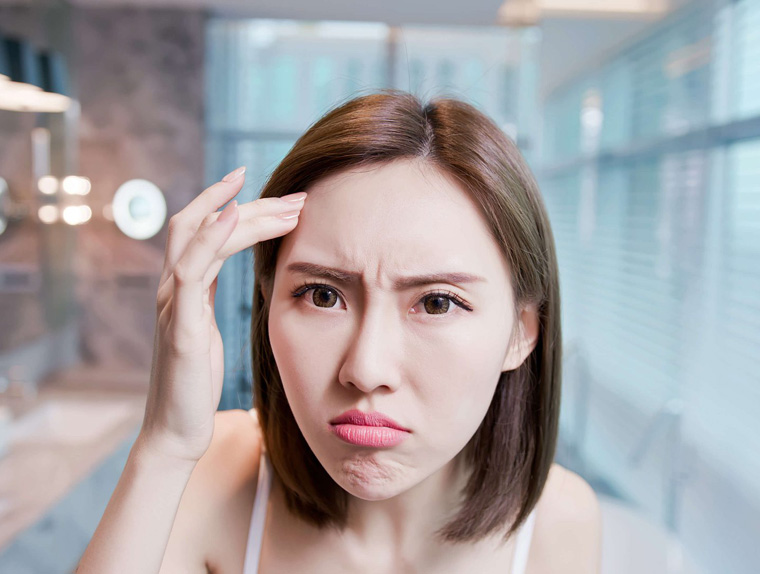

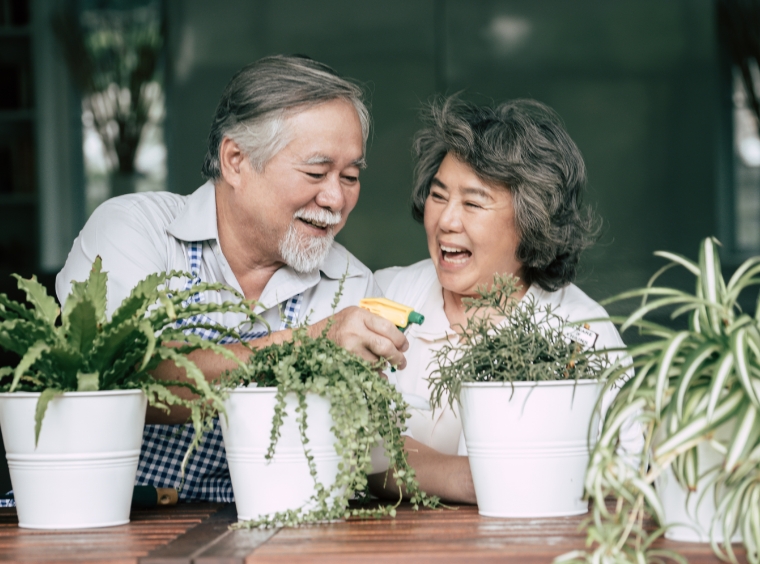
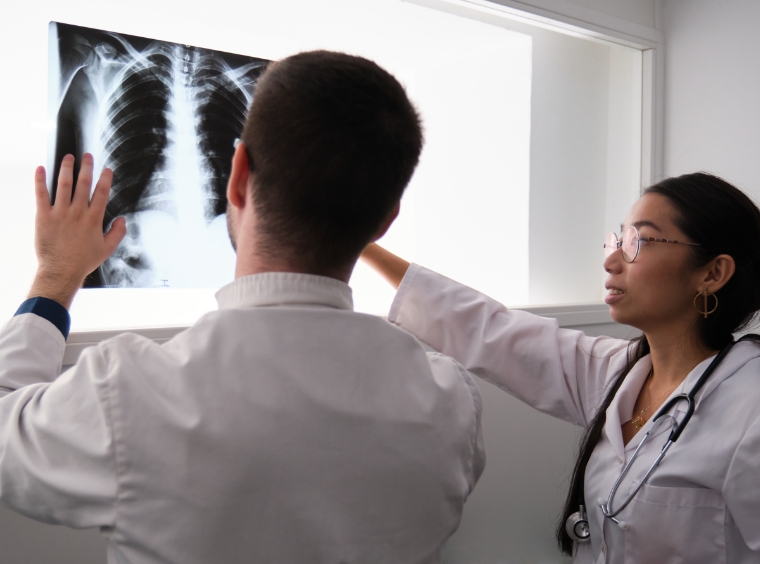
 Group
Group